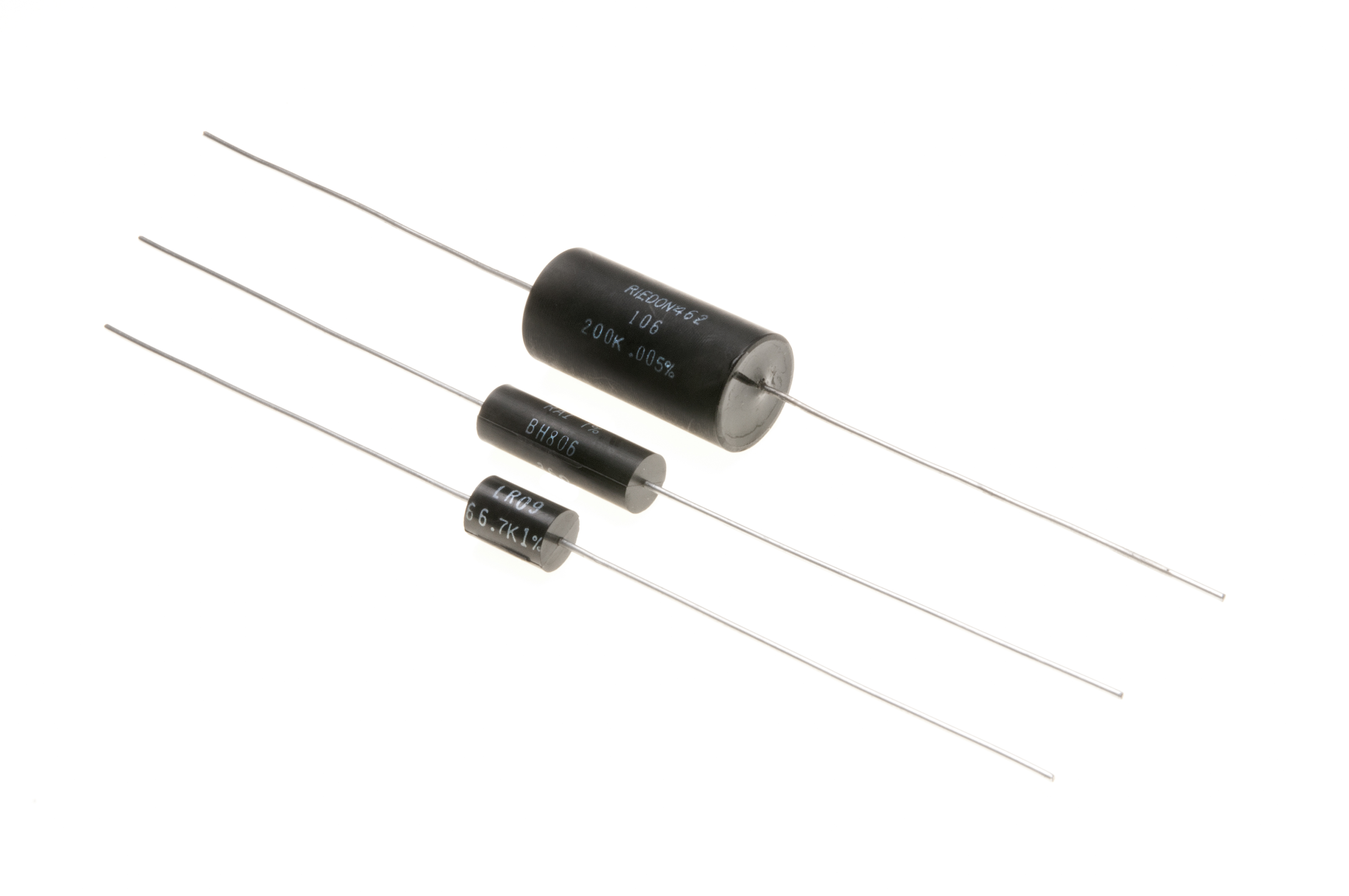What is precision resistor made of?

Precision resistors are constructed using specific supplies and manufacturing techniques to realize their excessive accuracy and stability in resistance values. The materials used in precision resistors contribute to their ability to maintain consistent resistance characteristics over time and ranging circumstances. Here are some widespread materials used in the development of precision resistors:
Resistance Material:
The core of a precision resistor contains the resistance materials itself. This materials determines the elemental resistance value of the resistor. Common resistance materials used in precision resistors embody:
Nichrome (Nickel-Chromium Alloy): Nichrome is a broadly used resistance materials due to its secure resistance characteristics over temperature variations.
Manganin: Manganin is one other alloy that maintains a secure resistance worth over a wide temperature vary.
Constantan: Constantan is a copper-nickel alloy recognized for its low temperature coefficient of resistance (TCR).
Core Material:
The core of a wire precision resistor offers structural help for the resistance material. It is often made of a non-conductive materials that does not significantly have an effect on the resistor's electrical traits. Common core supplies embrace ceramic, fiberglass, or different non-metallic supplies.
Termination Materials:
The ends of a precision resistor have termination materials that permit electrical connections to be made. Common termination materials embody:
Silver: Silver terminations present good conductivity and solderability.
Gold: Gold terminations offer wonderful corrosion resistance and are often utilized in high-reliability applications.
Tin-Lead or Tin: These terminations are generally used for soldering connections.
http://controlc.com/24105f87 and Encapsulation:
Precision resistors could also be coated or encapsulated with a protective layer to protect them from environmental factors similar to moisture and contaminants. This coating may be epoxy, silicone, or different materials that present electrical insulation and protection.
Lead Material:
The leads of precision resistors, which permit for electrical connections to external circuitry, are typically made of materials like copper or copper alloys. The lead materials should have good conductivity and mechanical power.
Substrate Material (for Surface Mount Resistors):
In the case of surface mount precision resistors, a ceramic substrate is often used as a base for mounting the resistor factor. https://click4r.com/posts/g/11427662/ supplies thermal stability and electrical insulation.

The specific combination of these supplies, together with the manufacturing processes used, contributes to the general accuracy, stability, and performance of precision resistors. Manufacturers rigorously choose supplies that reduce components like temperature coefficient of resistance (TCR) and be sure that the resistance values remain consistent beneath varied working situations. When choosing a precision resistor for a specific software, engineers ought to refer to the producer's datasheets and specs to ensure that the chosen resistor meets the desired accuracy and performance requirements..
